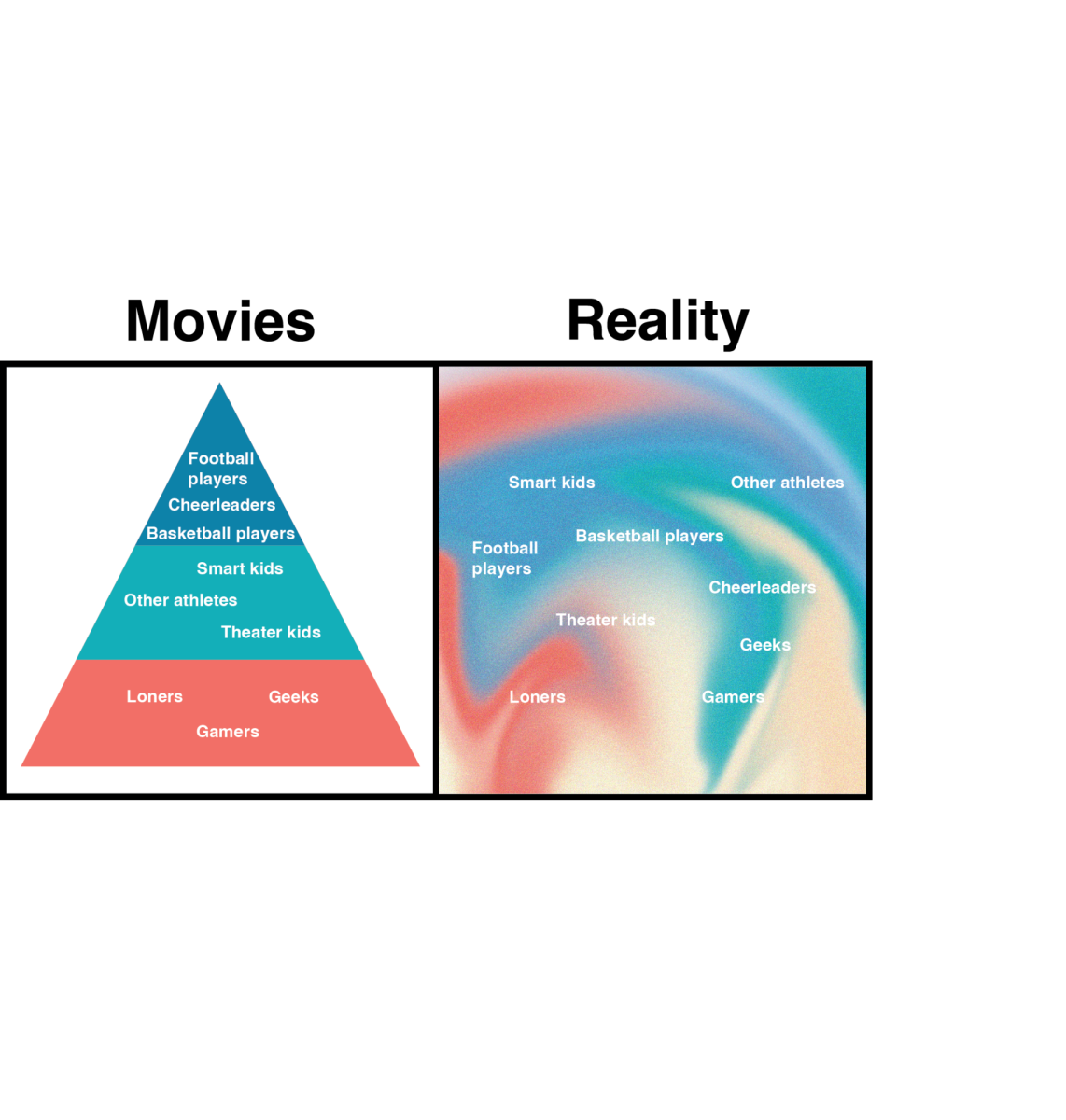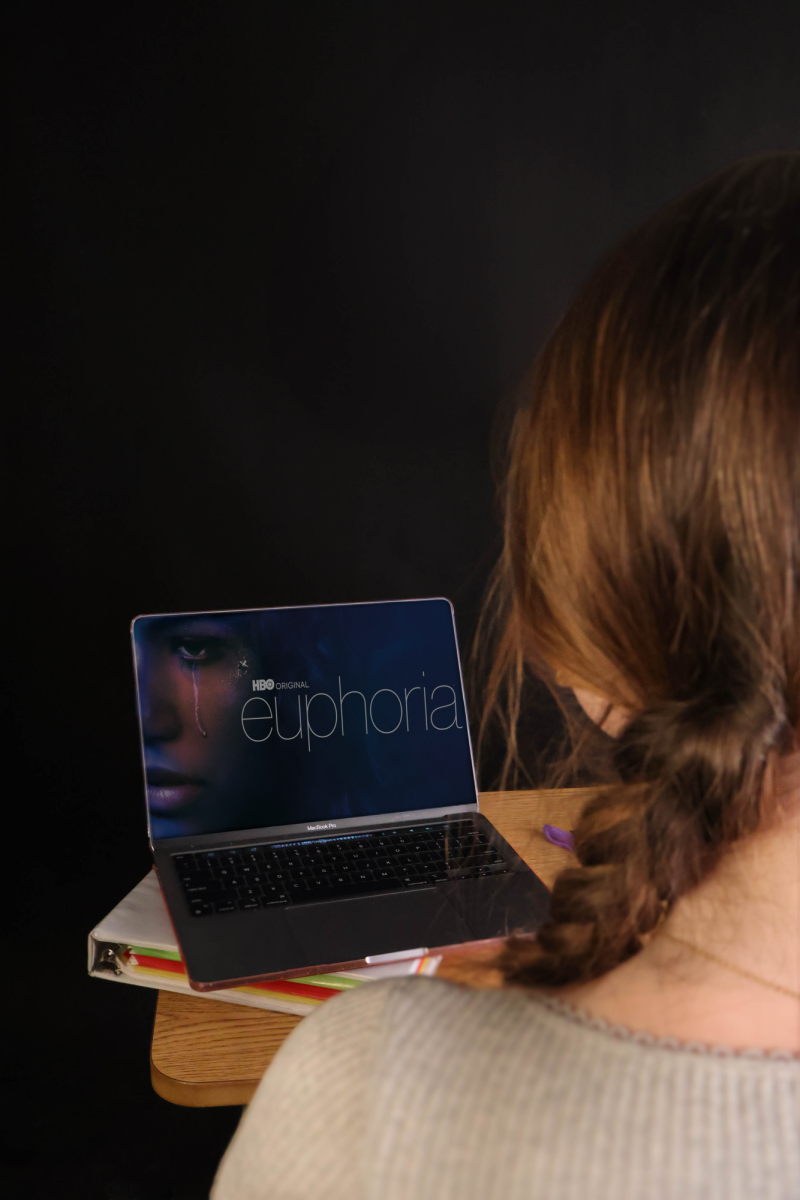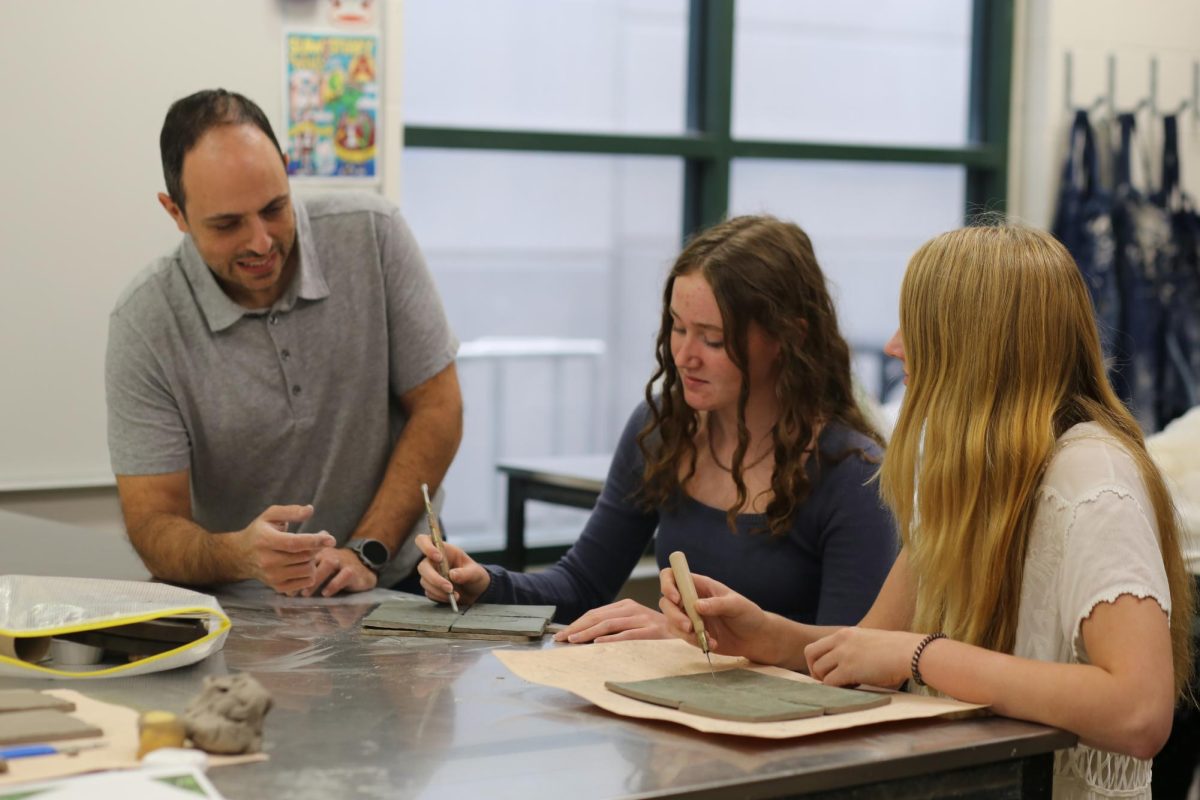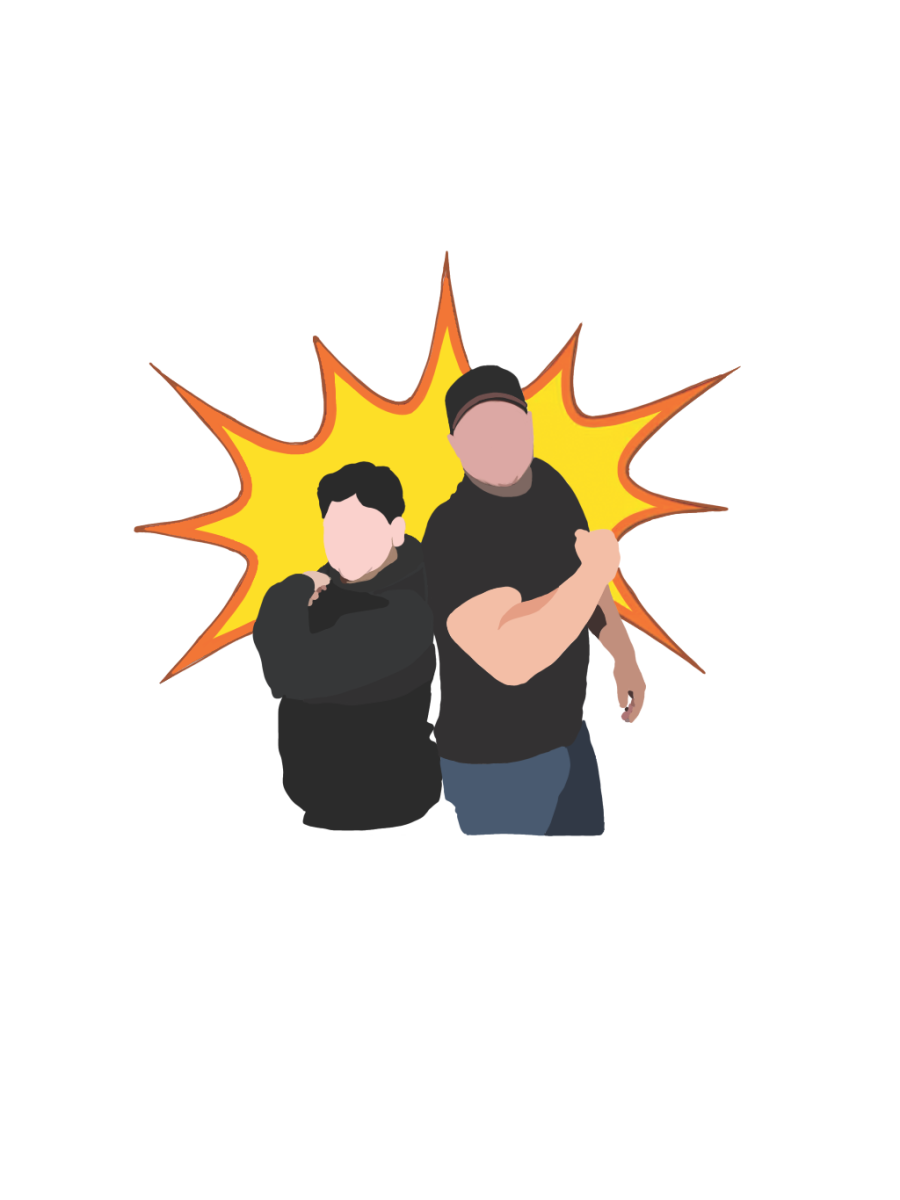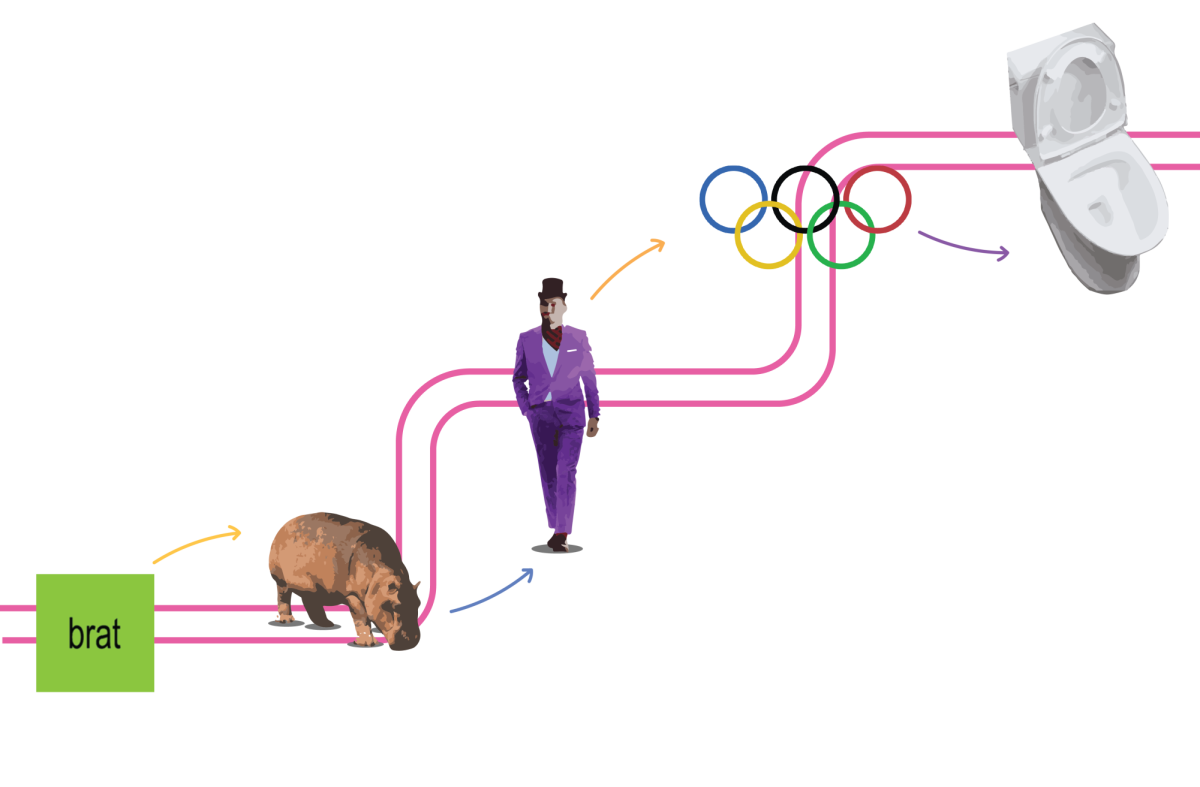The school day has just ended. The previously silent quad is filled with a horde of students filing out of many different classrooms. All of them share one thing in common: they’re looking at their phones. Under the remote constraints of a global pandemic, it’s nearly impossible to go an hour without accessing the internet or social media. Yet, studies show that surprisingly few students are truly technologically literate.
Technological literacy, or tech literacy, can refer to a very broad range of skills. Some of these skills, like using the internet, are widespread. Others, like troubleshooting basic computer issues and evaluating risks to privacy and security, are exceedingly rare but just as necessary to living in a world that is becoming more and more dependent on technology.
“Tech literacy is extremely important, and I think this COVID virus and going remote demonstrates that 100%,” computer science teacher Susan Frederick said. “Those that were not tech-savvy in any way had so many problems getting connected, staying connected. The panic hindered their progress until they got comfortable.”
The current generation of students at Trinity are often called digital natives; using the Internet and navigating smartphones and laptops is second nature for them. However, according to the 2018 International Computer and Information Literacy Study, only 2% of American eighth-graders demonstrated proficiency in the highest level of computer and informational literacy. The highest level entailed demonstrating an ability to evaluate internet sources, control movements on the computer, and precisely search for information). This suggests that simply being a digital native doesn’t ensure tech literacy.
“It’s kind of like learning any language that you know,” Frederick said. “Those that are native are great at the slang but when they get into a classroom, doing the formal portion of the language is a little bit hard because they haven’t learned the formal [parts], they’ve learned it on the fly.”
All Trinity students take at least one semester of a computer course in order to fulfill their graduation requirements, yet there are some areas in which their knowledge is lacking.
“Some of the biggest gaps I’ve seen are knowing the right keywords to find the information you want,” librarian Reba Gordon said.
Even after finding the right information, Gordon said that it’s important to stay vigilant when analyzing sources.
“When we have an opinion and then we find facts or information that supports our opinion, usually we’re like ‘Yes, ok, good, I’m done’,” Gordon said. “But one needs to always remember that … when you’re reading something online, you need to look at what company or what person is writing it, and … understand their bias.”
Despite how important evaluating bias is in academic and personal settings, some students might still be unwilling to take those extra steps. Junior and self-described tech guru Daniel Rodriguez said that most digital natives feel very comfortable with technology. Yet, that feeling of comfort is exactly why unexpected problems can pop up, especially when it comes to privacy. For example, Instagram offers a feature which allows you to geotag your photos. Rodriguez said that what this really means is that Instagram is constantly tracking your location.
“A lot of the friendliness of our user interfaces today is because we can anticipate what data will be needed,” Rodrguez said. “[So], it’s really easy to say ‘Why don’t we just take it all the time?’ … It isn’t that much of a stretch in computer terms, but it is a huge stretch for us in terms of privacy.”
There are many app features which lurk in the background, tracking and saving information like your location or clipboard. Yet, in part due to legal contracts, these apps do it quietly, not secretly.
“You don’t need to read the legal terms,” Rodriguez said. “All you need to look up is what data is stored on TikTok, what data does Snapchat share. It takes proactive measures from you. You have to care for these things to be solved because the companies don’t really have an interest in protecting your privacy.”
Knowing the types of information you share on apps or on the internet is part of being tech literate. The decision to continue sharing that information is completely personal, however, Rodriguez and Frederick agree that researching and becoming tech literate is very important in today’s society. In that vein, Instructional Design Specialist Natalie Galed recently created an infographic for remote students with instructions for solving common tech issues. The graphic was made available to teachers to publish on their canvas pages.
“You can be super comfortable with technology … but tech literacy is taking it a step beyond that,” Rodriguez said. “It’s not only knowing how to use it, it’s knowing what it’s doing so you can use it. … It’s not a given that we’re going to be [tech] literate, [so] we need to use our brains.”





